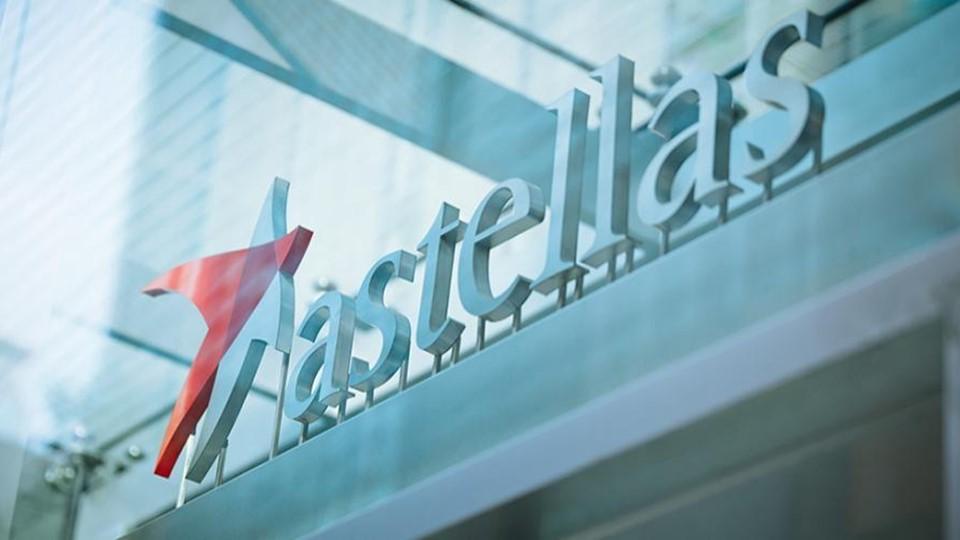Positive safety data for long-term use of MS drug Kesimpta

Multiple sclerosis drug Kesimpta has shown promising safety data for patients who are exposed to it for extended periods.
Novartis announced the findings at the Congress of the European Committee for Treatment and Research in Multiple Sclerosis (ECTRIMS), revealing that mean immunoglobulin G (IgG) levels in patients treated with Kesimpta (ofatumumab) remained stable, and there was no apparent association between decreased IgG levels and the risk of serious infections.
The findings were based on an ALITHIOS Phase 3b open-label extension study of Kesimpta, a targeted B-cell therapy that Novartis says, “delivers superior efficacy with a similar safety and tolerability profile compared with teriflunomide, a first-line treatment for MS.”
Lykke Hinsch Gylvin, neuroscience global medical franchise head, Novartis, said: “Antibodies, also known as immunoglobulins, function as part of the healthy immune system, and reduced serum immunoglobulin levels have been previously linked to an apparent increased risk of infection.
“We are therefore encouraged by the results demonstrating that these levels remained within the reference range for patients taking Kesimpta. Providing safe and well-tolerated treatments with superior efficacy is of the utmost importance to Novartis in our continued efforts to reimagine MS care and improve the lives of people living with MS.”
Kesimpta was backed by NICE in April as a treatment for adults with RMS with active disease, as either a first-line therapy or after alternative drugs have been tried. It was one of the first medicines reviewed under the new Medicines and Healthcare products Regulatory Agency (MHRA) authorisation process following the UK’s departure from the EU.
Meanwhile, a Phase 3 open-label extension (OLE) of Roche’s Ocrevus (ocrelizumab) reveals a 35% reduction in the risk of patients needing a walking aid in relapsing multiple sclerosis (RMS) after 7.5 years vs initiation two years later.
Also, a shorter 2-hour infusion of Ocrevus was equally well-tolerated in Black, African-American, Hispanic and Latino populations compared with overall study populations across three studies.
Roche states that these patient populations may experience greater disease severity and faster progression, yet are vastly underrepresented in most clinical trials. The company believes that a shorter infusion time may help reduce the burden on these patients and increase their access to treatment.
Ocrevus and Kesimpta have been vying for prominence to be the gold standard treatment for progressive forms of MS for years.
Ocrevus, approved in 2017 for relapsing and primary progressive forms of MS, is seen as one of the most successful drug launches in pharma history, generating sales of $3.79 billion in 2019.
Kesimpta, a repurposed cancer drug approved in July 2020 by the FDA, was seen as strong competition for Ocrevus thanks to a comparatively lower price and an injector pen that allows for home, rather than clinic, administration.











